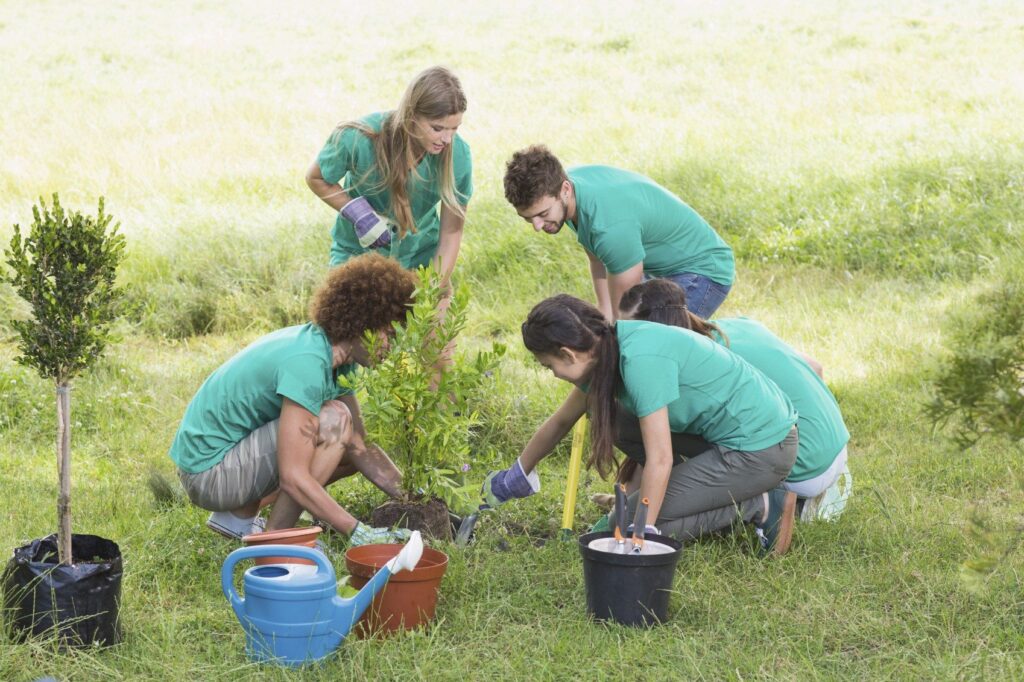Social Wellness
Introduction
What is social wellness? It is about nurturing ourselves, others and our relationships. Social wellness consists of not only balancing our own physical, mental, emotional, and spiritual health, but also actively participating as an interdependent piece of the bigger puzzle of humankind. Thus, even as we care about our personal connections, we also care about the greater good of society, including our communities and the environment.
Social wellness involves openly communicating needs, feelings, thoughts and desires to those we trust, and actively listening with empathy when they share with us. It involves engaging in and enjoying positive interactions with other people in work and leisure and building and maintaining meaningful friendships, intimate relationships and professional connections.
BENEFITS:
1. Improve your overall health
2. Promote emotional health
3. Positively influence mental health
4. Fosters healthy relationships
Social wellness involves openly communicating needs, feelings, thoughts and desires to those we trust, and actively listening with empathy when they share with us. It involves engaging in and enjoying positive interactions with other people in work and leisure and building and maintaining meaningful friendships, intimate relationships and professional connections.

According to a Harvard study, loneliness can shorten a person’s lifespan by up to eight years, carrying a risk factor similar to that of smoking 15 cigarettes each day. In addition to this risk factor, isolation can also contribute to anxiety, feelings of sadness and depression, and health conditions like coronary heart disease.
Social wellness helps combat isolation and loneliness because social relationships can help individuals face life and all its joys and sorrows with the help of friends that care. Nothing helps fight the negative impacts of loneliness like the presence of people who can offer love and support, rejoice in your accomplishments, and walk with you through moments of pain. The connection is a critical component of social wellness, and it is essential for your health.
In addition to the benefits that come from receiving support, offering care, supportive feedback, and connection to people in your social network yields positive results. Helping others causes feelings of accomplishment and fulfillment, reduces stress, and helps better your community.

The reason why social wellness is so important is that people who have healthy relationships, and a strong social network tend to live longer and respond better to stress. This reduction in stress and anxiety results in a healthier endocrine system, healthier cardiovascular functioning and an enhanced immune system.
One of the biggest benefits of having good social wellness is the presence of a social support network. This network can be close friends and family members to turn to when you are in need or in a crisis situation. Your support team can offer assistance, perspective and insight to a situation that may have caused your judgment to become clouded.
This support can come in three different forms:
Emotional – when someone else’s actions make you feel cared for.
Instrumental – something physical such as lending money or cooking a meal.
Informational – providing information to help someone else.
To cultivate your habits of social wellness, follow these seven guidelines:
Practice Self-Care. Finding balance in life can be difficult at times, and we are much more prepared to deal with obstacles if we are in a good habit of practicing self-care. Self-care embraces basic needs such as getting enough sleep, bathing and brushing your teeth, eating healthy, exercising regularly and avoiding negative coping mechanisms like smoking or over-drinking.
It also includes using positive coping skills to manage stress, self-soothe and relax through fulfilling or creative outlets like hobbies, crafts, art, sports activities, hiking, dancing, and social interactions with friends. You may also choose to engage in activities that nurture you emotionally, mentally, or spiritually, such as meditation, yoga, therapy, journaling, taking classes in areas of interest, spiritual retreats or attending religious services.
Don’t Criticize, Judge or Blame. People can easily get caught up in self-critical thinking, which perpetuates low self-esteem, contributes to depression and anxiety, and inhibits social interaction. No one wants to be judged, criticized or blamed, and if those dynamics are present, it can indicate an unhealthy, and potentially abusive, relationship.
Own Up to Your Part. In every relationship, there are two people involved and each contributes to any situation that comes up, whether positive or negative. Take responsibility for yourself in disagreements or conflict by using “I” language and don’t push all the blame onto the other person. When an individual argues for the sake of being “right” rather than trying to understand the other side, the other person may feel invalidated or unheard. This can result in resentment, further conflict and the eventual end of the relationship.

Know Thyself. Get to know yourself—identify your needs, preferences and values and communicate them to the people around you. Knowing who you are, who you want to be and where your boundaries lie supports you to engage in positive relationships with people who have similar interests and values, and can relate to you while encouraging your growth.
Rekindle old friendships and nurture relationships with people who are respectful, positive and supportive. No human being is perfect. Everyone gets caught up in the challenges of daily life at times, and rekindling old relationships that have been positive ones in the past is a great way to strengthen your social support system. Maintaining friendships with individuals who respect, love and accept you for who you are is crucial to our social wellness.
Don’t be a flake! Be mindful of the commitments you make and keep them. Know your limitations and don’t spread yourself too thin. Before making a commitment, be sure that you can realistically meet that expectation, taking into account and prior commitments and self-care.
Appreciate Yourself and Others. Giving more energy to positives than negatives helps to keep us happier, healthier, and more hopeful. Regularly acknowledging the positive qualities you see in yourself and paying genuine compliments to others you care about feels good all the way around. The power of positive thinking can go a long way!
Explore Social Wellness
Communication
Becoming a clear communicator means effectively conveying your thoughts, ideas, needs and wants. Communicating clearly helps you manage your time and your life, to feel good about yourself, and to build trustworthy relationships with others.

Relationships
Humans are social creatures, and relationships are essential to maintaining wellness and health. What does it meant to be in a “good relationship”? What does it meant to be in an “unhealthy relationship”?
Here are a few suggested activities that will support you in cultivating social wellness—use these as a starting point to inspire your own ideas!
Go to the gym, the park, or a yoga, fitness or dance class
Take up a hobby and find others who share your interest
Think of a cause that you are passionate about and volunteer
Plan a regular lunch date with your best friend, mother, father, etc.
Organize a spa day with a group of friends or colleagues
Set a regular date night with your significant other or dinner with your family
Call an old friend from college or high school and catch up
Cultivating social wellness is like keeping a flower garden—it takes intention, energy, time, care and effort—and is an ongoing process that requires attention throughout our entire life. It is important to choose a proper plot, carefully prepare the soil, plant the best seeds, and be sure to provide plenty of water and nutrients. In gardening, as in relationships, providing protection from bad weather and regularly weeding out negativity helps to ensure continued growth and beautiful blossoms for a lifetime!
